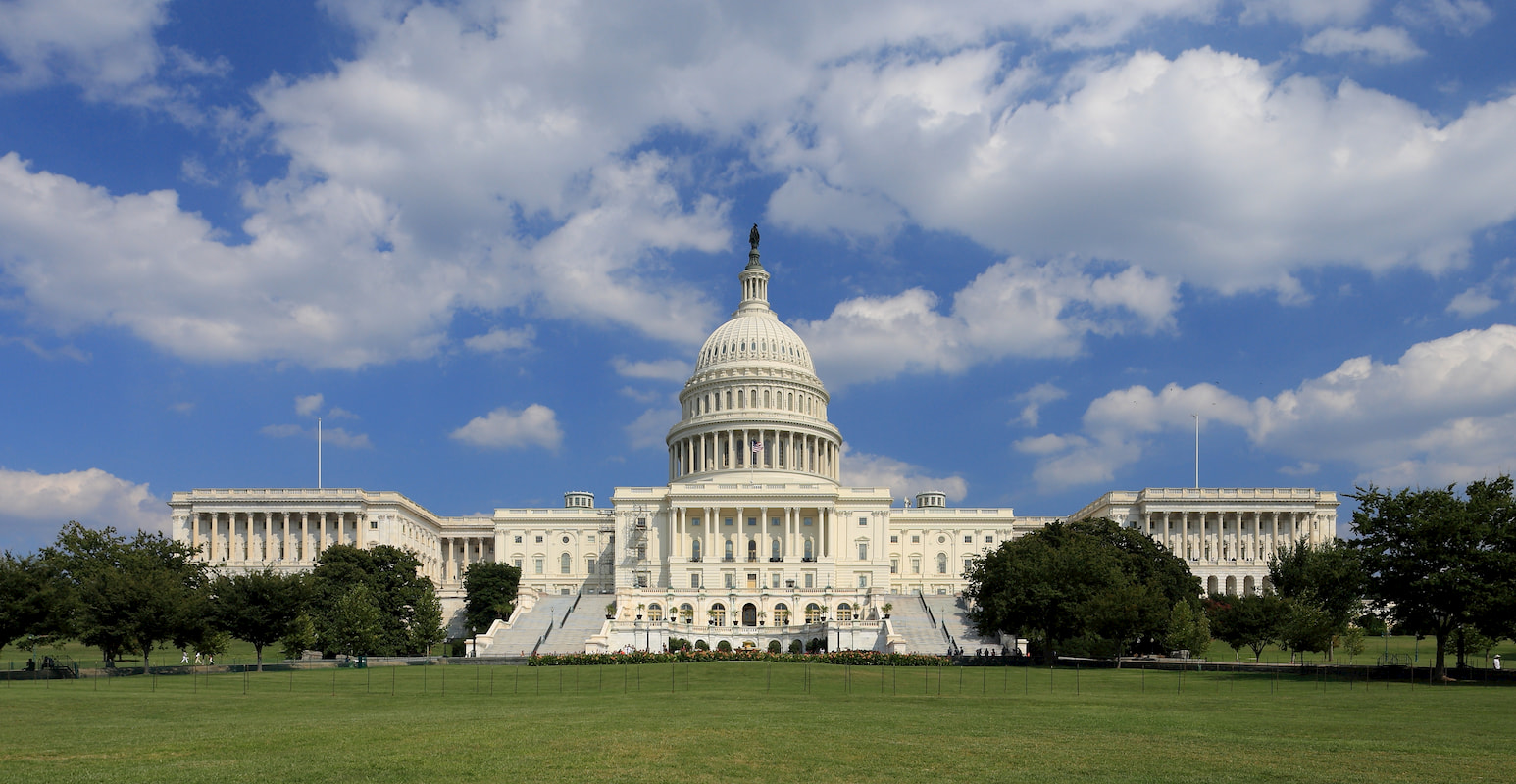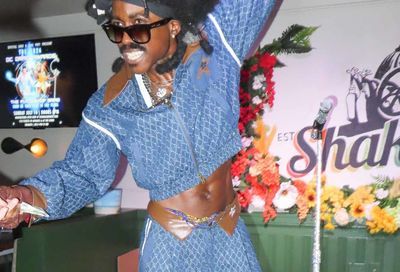Study: 78,000 transgender Americans could be prevented from voting in 2018
Congressional races in 8 states could be affected by the absence of transgender people due to strict photo ID requirements

A new study estimates that approximately 78,000 transgender people in eight crucial states will be eligible to vote in the upcoming 2018 elections, but will be unable to do so, due to those states’ excessively strict voter ID laws.
The study, from the Williams Institute, an LGBTQ think tank at the University of California-Los Angeles law school, estimates that there are 137,000 transgender people who have transitioned in the states of Indiana Wisconsin, Kansas, Virginia, Tennessee, Mississippi, Alabama, and Georgia. But an estimated 57% of them, or 78,000, will likely be turned away from voting because they lack proper documentation or identification that accurately reflects their gender identity.
In all eight states, poll workers require voters to provide a government-issued photo ID, such as a driver’s license, U.S. passport, or military ID, in order to cast a ballot. Poll workers then must decide whether that identification accurately identifies the person in front of them and matches the information listed on the voter rolls. These laws can be especially problematic for transgender people, who often face multiple barriers to changing gender markers on identification documents.
“Transgender people who have transitioned often face substantial challenges to obtaining accurate identification,” Jody Herman, the study’s lead author and a public policy scholar at the Williams Institute, said in a statement. “Requirements for updating the name and gender on official IDs that could be used for voting vary widely by state and federal agency, and the process can be difficult and expensive.”
According to data from the 2015 U.S. Transgender Survey, transgender citizens who have transitioned were significantly more likely than others to not have proper IDs reflecting their gender identity if they were people of color, aged 18 to 24, students, low-income, or if they had disabilities.
The percentage of transgender people who do not have up-to-date identification documents in those eight states goes as high as 70% in Alabama, where people must obtain both a court order and provide proof that they have undergone gender confirmation surgery in order to change the gender markers on photo IDs, and as low as 40% in Virginia, where applicants must either obtain a court order certifying a name change or provide documentation from a medical provider certifying their gender identity.
Turning away transgender people from the polls could impact crucial races this fall, thereby affecting which party controls Congress. There are six competitive Senate races in Indiana, Wisconsin, Virginia, Tennessee, and Mississippi, where both Senate seats are up for re-election. There are also several competitive House races in Wisconsin, Virginia, Kansas, and Georgia.
“Strict voter ID laws could deny thousands of citizens who would otherwise be eligible to vote an opportunity to participate in the democratic process and have their voices heard at the ballot box,” Herman concluded. “Lawmakers, election officials and government agencies must work to ensure that transgender people have equal access to vote.”
Aware of the implications that such voter disenfranchisement could have on their attempt to seize control of Congress, the Democratic National Committee has issued a toolkit breaking down some of the issues related to LGBTQ voting rights and spelling out people’s rights. The party is also encouraging LGBTQ voters, particularly transgender voters who may be targeted by strict voter ID laws, to call its voter hotline at 1-833-DEM-VOTE.
Support Metro Weekly’s Journalism
These are challenging times for news organizations. And yet it’s crucial we stay active and provide vital resources and information to both our local readers and the world. So won’t you please take a moment and consider supporting Metro Weekly with a membership? For as little as $5 a month, you can help ensure Metro Weekly magazine and MetroWeekly.com remain free, viable resources as we provide the best, most diverse, culturally-resonant LGBTQ coverage in both the D.C. region and around the world. Memberships come with exclusive perks and discounts, your own personal digital delivery of each week’s magazine (and an archive), access to our Member's Lounge when it launches this fall, and exclusive members-only items like Metro Weekly Membership Mugs and Tote Bags! Check out all our membership levels here and please join us today!

























You must be logged in to post a comment.